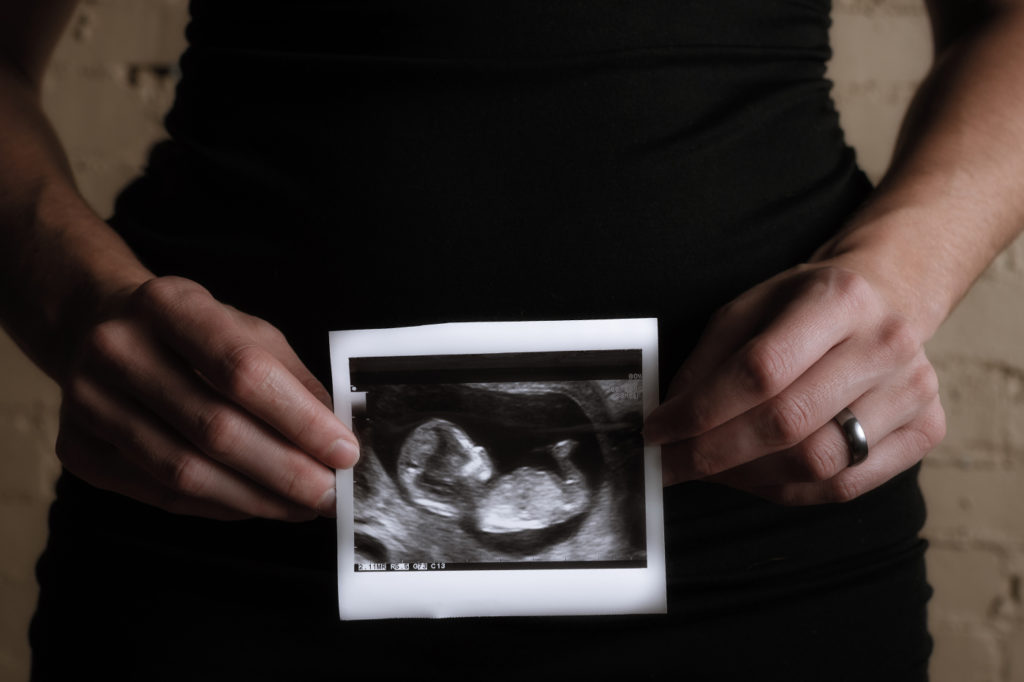Abortion has never become a legal right, in any nation, through a truly democratic process. International comparative law studies on abortion legalization have long suggested this proposition, and Unborn Human Life and Fundamental Rights: Leading Constitutional Cases under Scrutiny seems to confirm it. The book exposes judicial activism and the manipulation of legislative processes to illegitimately create abortion rights in eleven Western liberal democracies.
International norms on abortion are relevant to any future U.S. Supreme Court appeal to the “law of nations” alluded to in the U.S. Constitution. The book’s editor, international human rights scholar William Saunders, Director of the Human Rights program at The Catholic University of America, has pointed out that “even if Roe v. Wade were overturned, the court might impose abortion if it is viewed as an international norm.”
The twelve-essay compendium, edited by Saunders and Pilar Zambrano, professor of human rights and political thought at the University of Navarra, illustrates how the creation of legal abortion rights in European, Latin American, and common-law jurisdictions has almost always been advanced through the judiciary.
The book includes essays from Gerard V. Bradley of Notre Dame Law School, Salvatore Amato of the University of Catania (Italy), Alejandro Miranda and Sebastián Contreras of the University of Los Andes (Chile), and Hugo S. Ramírez García of Universidad Panamericana (Mexico). The authors describe how the high courts of Italy, Spain, and the United States, and sometimes a single judge—as in the case of Canada—have initiated the creation of a legal right to abortion or outright declared its existence, abolishing existing abortion statutes. By contrast, Aleksander Stêpkowski, a sitting judge at the Polish Supreme Court, co-writes the essay on Poland’s abortion law and describes how that nation’s constitutional court affirmed, rather than restricted, the human person’s right to life from conception.
Start your day with Public Discourse
Sign up and get our daily essays sent straight to your inbox.As John Finnis observes in the book’s conclusion, these essays demonstrate that, without exception, the creation of legal or constitutional abortion rights in these countries has avoided true democratic scrutiny and a proper application of the jurisprudential rules of constitutional interpretation. Even where democratic processes are formally invoked—such as in the case of Ireland’s referendum to repeal the constitutional recognition of the unborn child’s right to life—political organizations interfere with truly democratic outcomes. Former Irish Human Rights Commissioner William Binchy’s essay is particularly revealing in this sense, as it describes how the European Court of Human Rights and the U.N. Human Rights Committee exerted enormous pressure on the country to repeal its constitutional right to prenatal life, which determined the organization and formulation of the referendum itself.
The book combines natural law and positivist critiques of international abortion laws by eminent scholars and raises the bar for future publications on the subject. Although it is not a comprehensive overview of the legalization of abortion in the West, it sets a solid foundation for further analysis of the creation of abortion rights in international human rights law.














